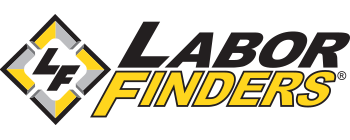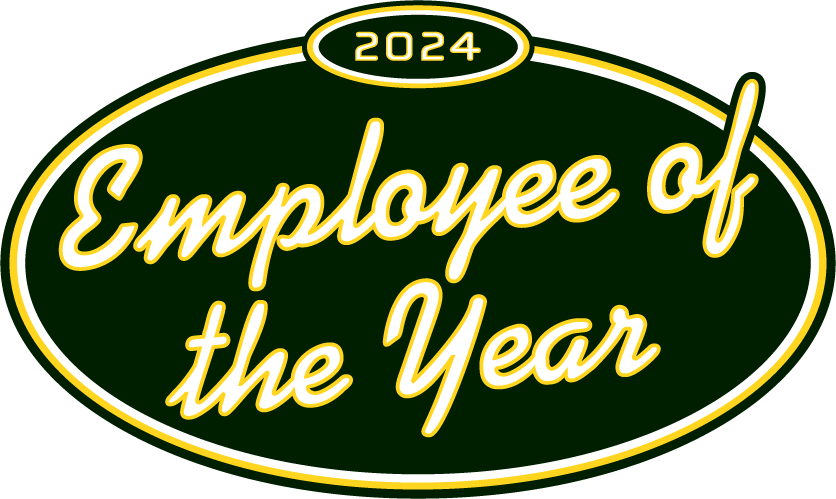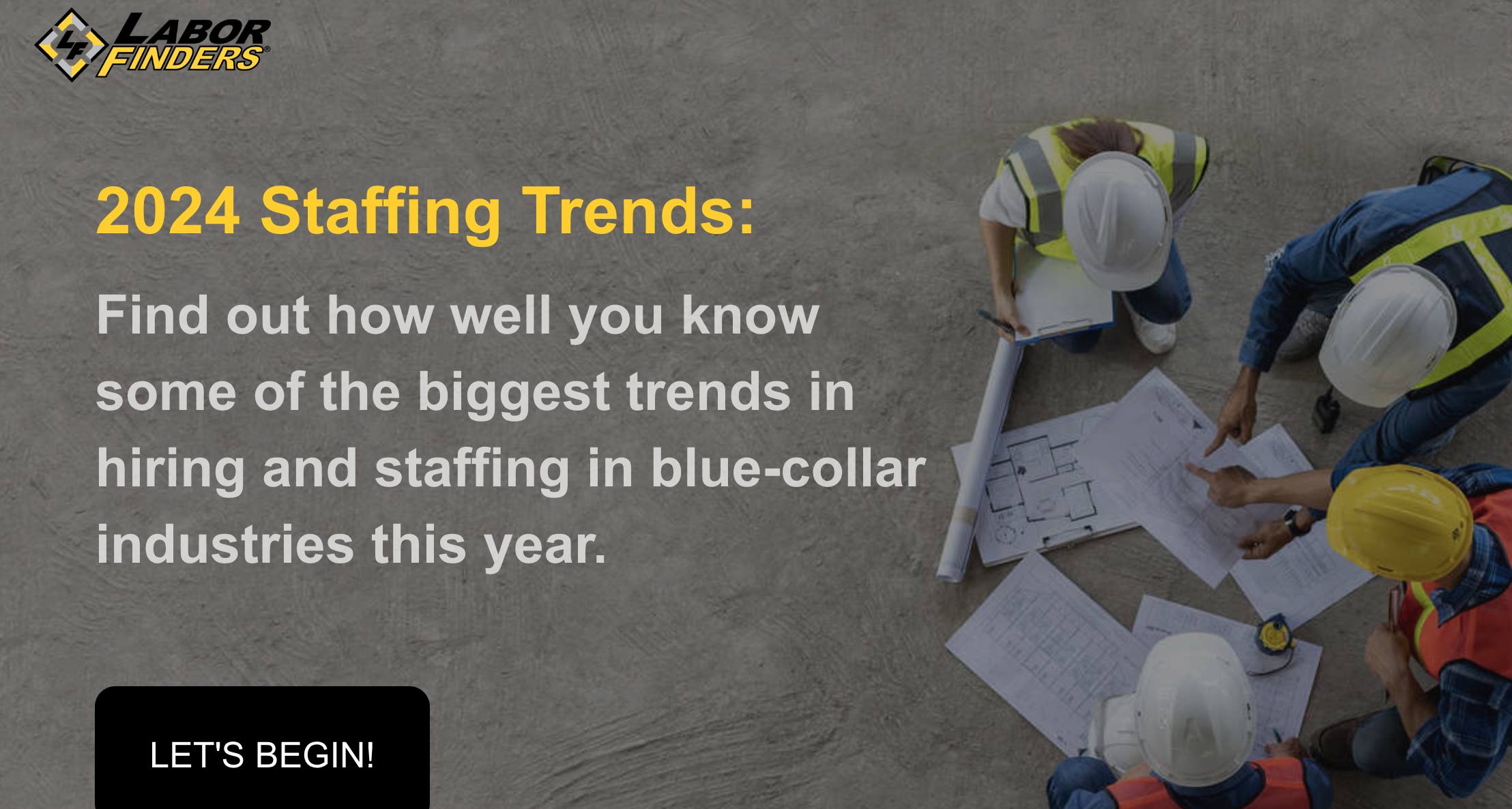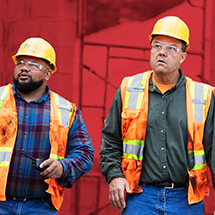-
Job Seekers
X
Job Seekers
Whether you're looking for a temp job or a permanent career, Labor Finders has you covered!
-
Explore
- How it works
- Industries
- Blog
- Locations
- Job Search
You May Also Be Interested In

2024 Employee of the Year
Learn more about our amazing Employee of the Year
-
-
Employers
X
Employers
Let us help you find the workers you need, when you need them.
You May Also Be Interested In

2024 Staffing Trends Quiz
Construction Staffing Trends Quiz
-
Industries
X
Employer Industries
Ready to staff your next project? Our staffing experts has the knowledge and the workers to cater to your unique staffing needs.
In this Section:
Job Seeker Industries
From construction to waste management, we have job openings in whatever industry you’re interested in.
In this Section:
-
About
X
About You
Getting matched to the right job, gaining the flexibility you want, making an impact in your community - at Labor Finders, it’s all about you!
-
You may also be interested in
- About Us
- Job Search Results
- Find an Office
- How it works
- Blog
About Us
With almost 200 offices nationwide, we’ve been putting people back to work for over 40 years. See why we’re a leader in the blue-collar staffing industry.
-
You may also be interested in
- About Us
- Media Center
- Video Library
- Leadership Team
- Careers
- In The Community
- History
-
- Location
Employment Readiness
Becoming a Heavy Equipment Mechanic: 4 Things You Need to Know

When a forklift breaks down or a boom truck is due for its regular maintenance, companies call on heavy equipment mechanics. With 119,280 of these workers in the US as of May 2014, it’s definitely a career worth considering. If you want to become a heavy equipment mechanic, here are four things you need to know.
This Job Requires Certain Skills
What qualities are required in order to be successful in this field? According to the United States Bureau of Labor Statistics, there are four skills a person must master in order to be a good heavy equipment mechanic. The first is good hand-eye coordination, along with a steady hand to perform common tasks such as using hand tools and taking apart engines. The second is being familiar with vehicle components and systems so you can easily put equipment back together after taking it apart. Being able to troubleshoot mechanical problems using diagnostic equipment and the physical strength to move heavy parts are also skills you must have to be a successful heavy equipment mechanic.
Post Secondary Education and Training
Enrolling in a heavy equipment mechanic associates or certification program gives you the foundation you need to enter the field. Courses of study normally include heating and air conditioning systems, fuel systems, diesel engine technology and other relevant classes. These programs typically take between one and two years to complete and you’ll come out with the knowledge you need to find an entry-level job. Once you start working, it’s likely you’ll work under supervision while you gain hand-on experience, and in three to four years (according to the US Bureau of Labor Statistics), you’ll be considered a qualified technician.
Heavy Equipment Mechanic Certifications Are a Plus
While getting a certification is voluntary, it definitely helps to have one, showing proof that you are skilled in certain heavy equipment mechanics. You can get certified with a specific equipment manufacturer or the National Institute for Automotive Service Excellence (ASE), who has a number of certifications in different types of equipment and repair such as Engine Machinist, Truck Equipment and Electronic Diesel Engine Diagnosis Specialist.
Career Outlook
From machinery wholesalers to service technicians for the Federal Government, they are many industries that utilize heavy equipment mechanics. The Bureau of Labor Statistics predicts that there will be 192,500 heavy equipment mechanics by 2022. As for pay, the average annual pay for heavy mechanic jobs was $48,720 as of May 2014. The specializations that command higher salaries can be found in the aerospace, electric power generation and natural gas industries.
From temporary warehouse jobs to permanent heavy equipment mechanic jobs, Labor Finders has you covered! Click here to find open positions near you.















